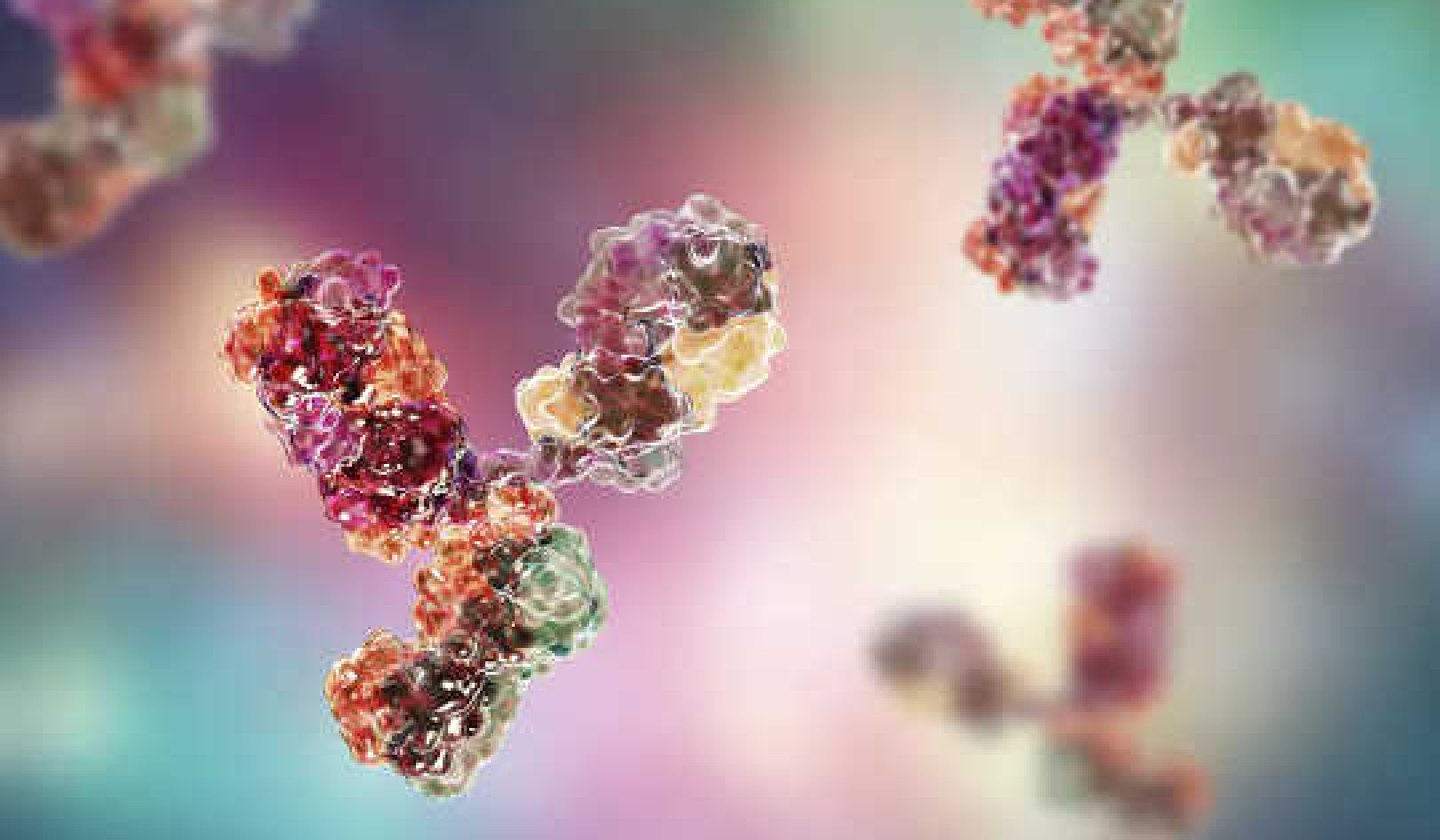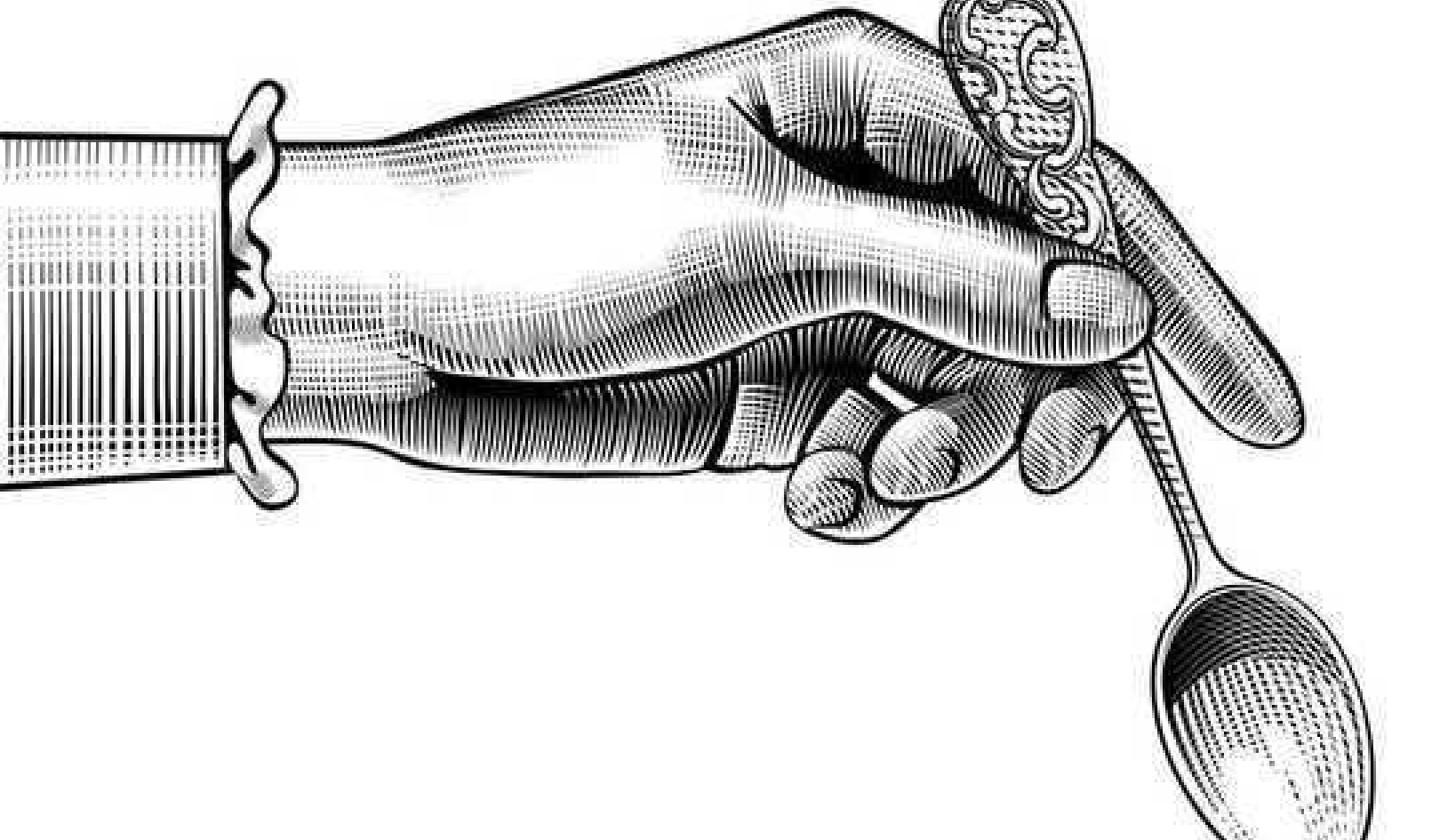
The lack of meaning in life is a soul-sickness whose full extent
and full import our age has not as yet begun to comprehend.
— C. G. Jung
If you feel relatively successful but not totally pleased with your job and the life you have because of it, your chances of dying on Monday morning are high. Research shows that you are more likely to die from a heart attack or stroke between 9 A.M. and 11 A.M. on Monday morning than any other time of the week. Of course, it's not Monday that kills us but the meaning we attach to this artificial walling off of the time of our life.
Wolves and robins don't know it's Monday. There may be successful and not so successful raccoons, but they don't seem to know it or, if they do, they don't seem to care much about it. They don't take weekends off and divide their time into quality and not-quality time. For them, there is no yesterday or tomorrow.
We humans are the species that builds boundaries. We create artificial beginnings and endings in our minds and then allow them to govern our life. We are aware of an immense array of information, but awareness becomes attention when we decide to assign meaning to the information coming into our brain. We can be aware that it's Monday, but Monday gets its meaning when we focus our attention on that day and make it a black day.
The science of psychoneuroimmunology (PNI) shows that the meaning we assign to events in our life can influence our physiology: It can either enhance or diminish our immune response.
How we attend to our life and the meaning of our living that results from that attention can even lead to unintentional "success suicide," the serious health risk of going to work on Monday with the "bad" attitude associated with TSS (Toxic Success Syndrome). If we consciously or unconsciously divide our lives into longing for Friday's relief from the rat race and anxiously anticipating our return to it, we have toxified the time of our life.
TSS suffers have created a code for the days of their lives. "TGIF" is the cheer of those who feel they have struggled past "hump day" (Wednesday) and are ready to thank God it's Friday. Except perhaps for TSS sufferers who consider the weekend a frustrating delay in their unending pursuit of their success or a few parents who have lost their ability to enjoy their children's demands on their attention, TGIM (Thank God It's Monday) is not yet part of the time vocabulary of the toxically successful.
Why Monday Sticks Out As A Dying Day
If heart attacks and strokes are purely physical in nature, how is it possible that Monday sticks out as a dying day? If these and other disease processes are purely biophysical events, they should be equal-opportunity killers that wreak their havoc at random. Research conducted over more than three decades shows, however, that how we attend to our life directly affects our heart, immune system, and entire body system.
Toxic success results from the meaning we attach to our work, our loving, and the days of our lives. The New Testament teaches, "As a man thinketh, so is he," but the issue is not so much "mind over matter" as "mind is matter." PNI shows that we literally "are what we think" and what, where, and how we focus our attention.
The toxicity of success is not due to working hard and long hours, failure to put in enough so-called quality time, or being a type A workaholic. It is caused by a frantic mind, not a hectic world. If Monday kills us, it is because — even if we are not consciously aware of it — we have given Monday its lethal power.
Pointing out this immense power of our attention, author Norman Cousins, who reported that the power of his beliefs contributed to his recovery from a life-threatening illness, wrote, "Belief becomes biology. The head comes first."
The tendency of the toxically successful to be "outsightful," to interpret the world from an external locus of control, has led to several attempts to attribute outside physical reasons to what researchers call the "Black Monday effect."
Delayed effects of overeating and drinking on the weekend, the physical stress of moving from the Sunday afternoon couch to the Monday morning desk or automotive assembly line, and exposure to job-related chemicals or other workplace toxins are among some of the "look what is happening to us" explanations offered, but none of these reasons have been proven to account for our Monday morality.
The key factor seems to be that we begin on Monday to turn ourselves "outside in," literally "embodying" or making a part of our body the stresses of the outside world. We make our Mondays toxic because the stressful meaning we give them is physically internalized. Our body becomes what we think of our Mondays.
Along with our uniquely human gift of attention and our capacity to assign meaning to our life comes an awesome responsibility and serious risk. We can kill ourselves by the toxic ways we choose to think about our life, but we can also enhance our health and emotional well being by harnessing the power of our attention and using it to make Monday just another day on planet paradise.
The Risk Factor We Are Neglecting The Most
Despite the current health terrorism and dire warnings about diet and exercise, most persons who have their first heart attack under age fifty have none of the major physical risk factors for coronary artery disease. It is only good common sense to avoid known health risk factors such as smoking, high blood pressure, junk food, and elevated cholesterol, but the TSS constellation of deficiency, doubt, detachment, disappointment, and eventually depression may be the health risk we are neglecting the most.
The most predictive factor for heart disease may not be the so-called physical risk factors but the mental ones -- the chronic delight deficiency that results from toxic success. What is killing us is not just what we eat or weigh or how little we exercise. It is our nagging sense of discontentment and the toxic ways we are attempting to compensate for it that renders us vulnerable to the diseases of civilization.
I suggest that the risk factor to our overall well being is our distracted state of mind. When we aren't paying enough attention to what matters most in our life, we begin to compensate for what feels like an unhappy life. We mistake society's definition of success for a possible source of the contentment that eludes us.
We focus our attention on living and working in the ways we are promised will lead to sure success, but we are in for trouble: Society's version of success is toxic and prescriptions for its attainment can have deadly side effects.
"How do you feel about Mondays?
Perhaps the first question our doctor should ask us at our next physical exam should be "How do you feel about Mondays?" Maybe he or she should ask what is on our minds when we awaken on Monday morning and what we are thinking Friday night.
Are our thoughts characterized by contentedness, calmness, and loving connection with our family and friends? Is Monday just another great day in a series of great days, or does it represent a return to pressure, obligation, and frustration?
Perhaps the doctor should ask not just how we are feeling but, more importantly, "What's on our mind most of the time?" Instead of counting cholesterol points, perhaps he or she should ask how many times on Mondays or any day we think delightful thoughts about how contented we feel with our work, how calm we feel in our daily living, and how truly connected we feel with the people and things that matter most in our life.
Reprinted with permission of the publisher,
Inner Ocean Publishing, Inc. ©2002.
www.innerocean.com
Article Source:
Toxic Success: How to Stop Striving and Start Thriving
by Paul Pearsall, Ph.D.
 Dr. Pearsall directly challenges many of the self-help conventions, which he finds are not solutions but part of the problem. His detoxification program has helped many TSS patients to sweeten it up by changing their mindset and taking back their attention, focusing on what they need, not what they want.
Dr. Pearsall directly challenges many of the self-help conventions, which he finds are not solutions but part of the problem. His detoxification program has helped many TSS patients to sweeten it up by changing their mindset and taking back their attention, focusing on what they need, not what they want.
Click here for more info and/or to order this hardcover book.
About the Author
 Paul Pearsall, Ph.D. (1942-2007) was a licensed clinical psychoneuroimmunologist, a specialist in the study of the healing mind. He held a Ph.D. in both clinical and educational psychology. Dr. Pearsall has published more than two hundred professional articles, written fifteen best-selling books, and has appeared on The Oprah Winfrey Show, The Monte/ Williams Show, CNN, 20/20, Dateline, and Good Morning America. For more info, visit www.paulpearsall.com.
Paul Pearsall, Ph.D. (1942-2007) was a licensed clinical psychoneuroimmunologist, a specialist in the study of the healing mind. He held a Ph.D. in both clinical and educational psychology. Dr. Pearsall has published more than two hundred professional articles, written fifteen best-selling books, and has appeared on The Oprah Winfrey Show, The Monte/ Williams Show, CNN, 20/20, Dateline, and Good Morning America. For more info, visit www.paulpearsall.com.
More books by this Author
at InnerSelf Market and Amazon




























